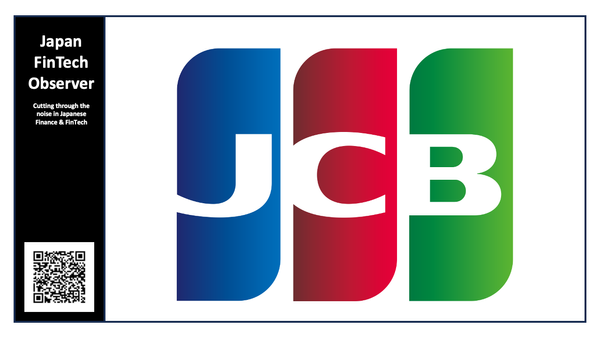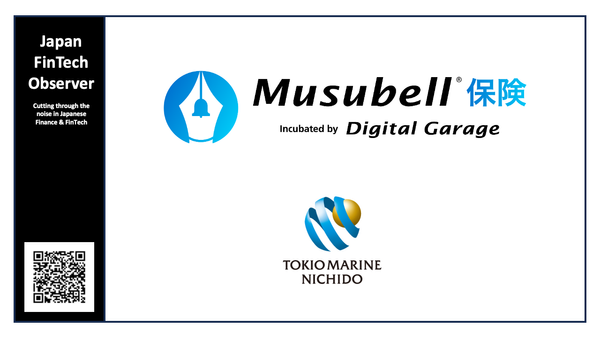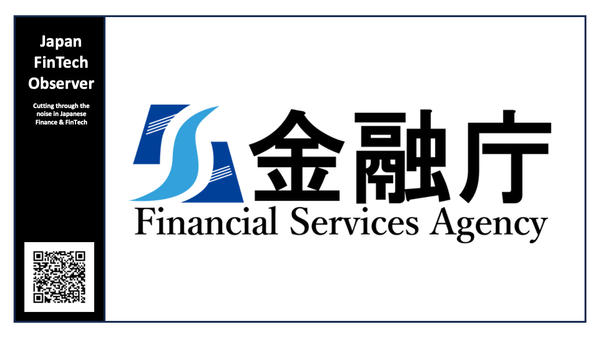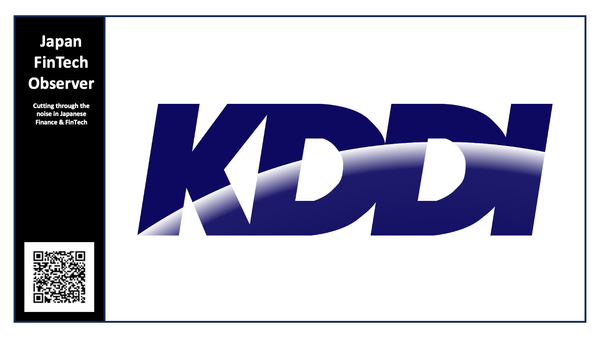Fundamental review of system development structure
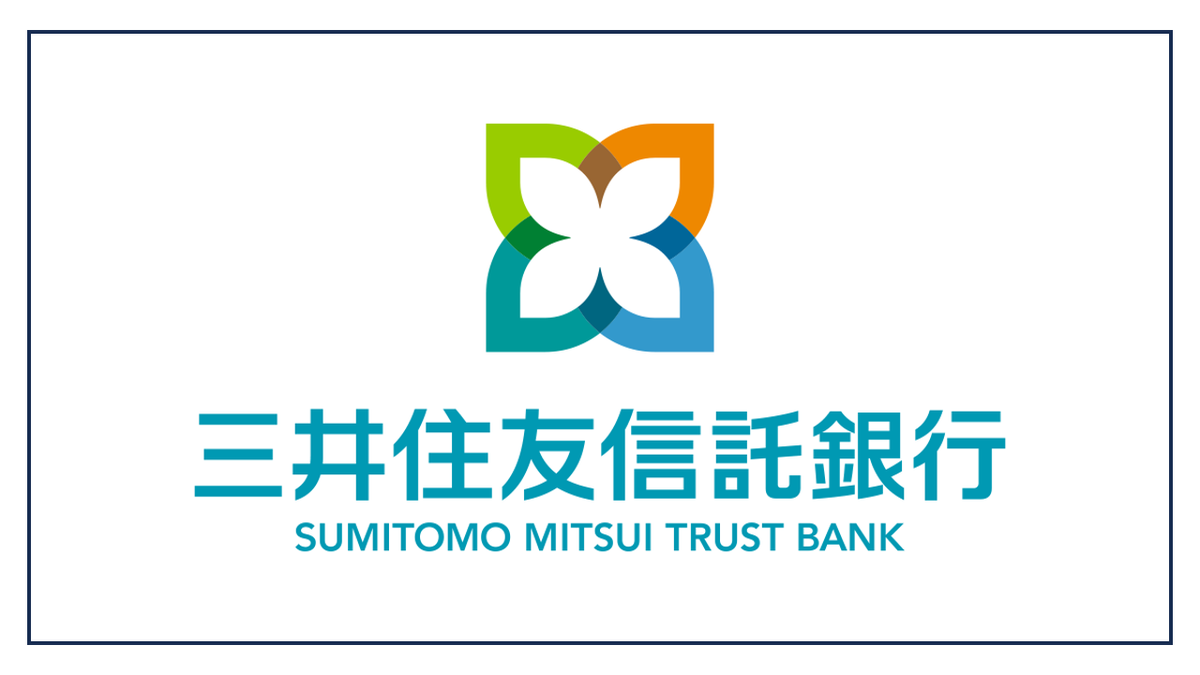
Among the many reasons that Japan Inc. is slow reacting to change is the broadly established practice of outsourcing system development. This might either be done directly with an Systems Integrator (IBM, Accenture, NTT Data, Fujitsu, etc.) or via a wholly owned systems subsidiary, which in turn might engage a general contractor, who might engage subcontractors, etc. Needless to say, development generally follows a waterfall model, with specifications thrown over the proverbial wall, and the engineer as much removed from the actual business as possible.
There are other factors at play as well, which we will exclude from the further discussion, as the practice of creating generalists by job rotation, the use of systems subsidiaries as the last job for executives who fall off the "convoy system" of age-based promotions, and the generally low societal standing of software engineers compared to hardware engineers.
So we noticed with heightened attention that Sumitomo Mitsui Trust Bank has begun a review of its system development, maintenance, and operation structure to strengthen financial IT services, realizing that it is key to realizing future growth. These steps go into the right direction, but are keeping the organization still far from being product-based. It is going to be a long journey.
Background
Sumitomo Mitsui Trust Bank aims to realize Reiwa-era industrial finance that promotes the virtuous cycle of funds, assets, and capital. To support and grow the diverse business infrastructure necessary for this, enhancing IT capabilities (IT human resources, technical capabilities, IT investment) is essential.
SuMi Trust has begun a fundamental review of the current development, maintenance, and operation structure centered on the company and Sumitomo Mitsui Trust System & Service to address its most critical IT capability challenge: "developing and securing advanced IT personnel who possess both business and IT knowledge and can define appropriate system architecture while staying close to operations."
Implementation Details
Integration of SuMi Trust and Sumitomo Mitsui Trust S&S
The company will examine restructuring the current system where the IT Operations Promotion Departments 1 and 2 and IT Infrastructure Operations Department establish systemization policies while Sumitomo Mitsui Trust S&S handles implementation. The plan is to integrate Sumitomo Mitsui Trust S&S into SuMi Trust, creating a structure that handles everything from IT solution policy formulation to implementation for business challenges within one entity (targeted for April 2026).
This insourcing initiative aims to increase contact points between system engineers from Sumitomo Mitsui Trust S&S, who possess system-related technical and implementation capabilities, and the SuMi Trust's and group companies' business areas. This will enable appropriate reflection of business needs in systemization policies and technology-based problem solving, while also developing and strengthening the training system for advanced IT personnel.
Collaboration with Nomura Research Institute
For areas requiring advanced technical knowledge and business application beyond what can be achieved through insourcing alone, SuMi Trust will establish a joint venture company specializing in IT consulting for business challenges with NRI, which possesses these capabilities at a high level, and incorporate it into SuMi Trust's development structure. The joint venture agreement has been signed on December 20, 2024, and the entity establishment is planned for April 2025.
Through this joint venture, SuMi Trust and NRI aim to co-create trust business IT solutions that provide new value. The Company will also absorb NRI's expertise in applying advanced technologies to business, promoting further specialization among advanced IT personnel.
With the advancement of DX and digital technology, financial IT services that build IT infrastructure have become business strategy itself, and the role expected of financial institutions' IT departments has expanded from consulting capabilities to robust implementation skills. This initiative will not only address the challenge of IT talent shortage but also lead to the evolution of Enterprise Architecture "technology" and reduction of "investment" costs through improved development efficiency.
SuMi Trust will carefully proceed with this initiative while listening to the opinions of stakeholders, including customers and existing IT partners, to realize quick responses to rapidly changing business requirements and build robust, resilient IT infrastructure.
Please follow us to read more about Finance & FinTech in Japan, like hundreds of readers do every day. We invite you to also register for our short weekly digest, the “Japan FinTech Observer”, on LinkedIn, or directly here on the platform.
We also provide a daily short-form Japan FinTech Observer news podcast, available via its Podcast Page. Our global Finance & FinTech Podcast, “eXponential Finance” is available through its own LinkedIn newsletter, or via its Podcast Page.
Should you live in Tokyo, or just pass through, please also join our meetup. In any case, our YouTube channel and LinkedIn page are there for you as well.

